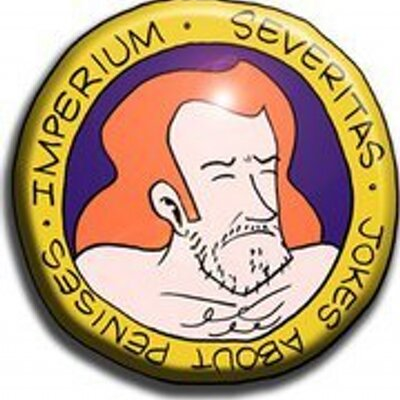

It’s a fair bit of work to set up, but I replaced Keep with Obsidian.
I suppose you could just pay for obsidian sync and then basically have parity. I do not. I use syncthing to sync my notebooks (vaults in obsidian terms) between my devices.
To get my existing notes, I used Google Takeout to get a copy of all my data, but you can just ask for the Keep data. They’ll send you a bunch of json files, which I was able to extract the text of my notes from pretty easily and copy into Obsidian notes.










They can’t, thats why GPL is noncommercial. Capitalism is an exploitative system that relies on power imbalance. As soon as MS reached out, he should have made it clear they can’t even look at his code for ideas without a contract and payment. He shouldn’t have told them anything else without a contract. Papers with legal claims on them are the only language business speaks.